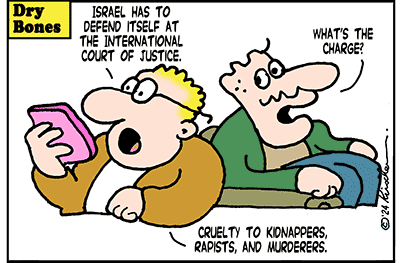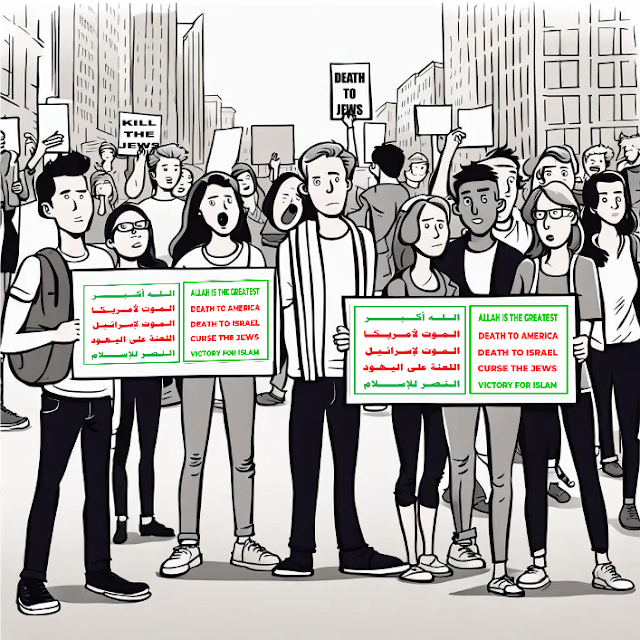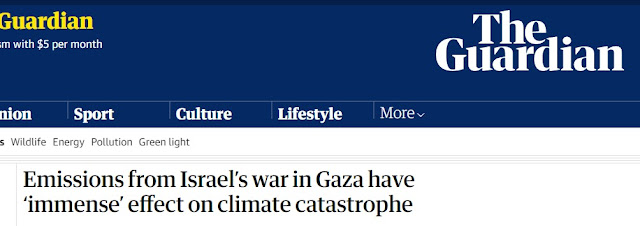Former supreme court judge says Hague case is an ‘insult to meaning of genocide’
A former supreme court judge and experts on the laws of war have lined up to voice their outrage over the attempt by South Africa – which has a history of support for Hamas – to prosecute Israel for genocide at the International Court of Justice (ICJ).Genocide case: Should Israel participate in ‘kangaroo court’?
As proceedings got under way this week in the Hague this week, Rosalie Silberman Abella, a visiting professor of law at Harvard Law School and former justice of the Supreme Court of Canada, wrote that the ICJ move was an “insult to what genocide means”.
“This case represents an outrageous and cynical abuse of the principles underlying the international legal order that was set up after the Second World War,” she wrote.
“Hamas’s explicit and unapologetic goal is to eliminate Jews. The elimination of Jews is genocide. That is why Hamas murdered, raped, beheaded, kidnapped and tortured Jews on October 7, 2023: to eliminate them, because they were Jews. It is a legal absurdity to suggest that a country that is defending itself from genocide is thereby guilty of genocide,” Abella added.
Arsen Ostrovsky, a human rights attorney and CEO of the International Legal Forum, a coalition of pro-Israel lawyers, called the move a “subversion of international law” that could incite further violence against Jews around the world.
Ostrovsky, who flew to the Hague this week to attend the hearings, said: “Israel, and supporters of the Jewish state, are fighting this war on multiple fronts, not only against Hamas in Gaza, but a war of narratives as well, where a toxic combination of misinformation and subversion of international law, is being used to attack and vilify Israel.
“This pervasive discourse also has very real effect in shaping discussions, leading to policy actions, as well as even inciting alarming surge in antisemitism and Jew hatred we have seen in the UK and across the world, since October 7.”
Acknowledging that the danger of participation is that it grants legitimacy, he said that it’s not always the case. For Bell, the issue is not whether to go to the court so much as the clarity of purpose in doing so.Deborah Lipstadt and Michèle Taylor: Israeli women and girls have suffered horrific sexual violence from Hamas. Where is the outrage?
“Our mission here is PR, it’s not law,” he said, adding that a report that Israel’s Foreign Ministry sent a message to Israeli missions worldwide asking them to convince their countries to publicly denounce the ICJ case suggests Israel is working along the right lines.
Bell’s argument is that participating gives Israel a platform, “a reasonable opportunity” to refute South Africa’s arguments not in the court at The Hague, but in the court of world opinion.
Bell isn’t very optimistic about the outcome of the case. “The judgment that’s going to come from the court is politics, not law, and it’s politics from a body that is already biased against the Jewish state. It, therefore, seems to me quite likely to accept the morally obscene arguments of South Africa,” he said.
Ziv Bohrer, senior lecturer for international law at the Bar-Ilan University Faculty of Law and a researcher at the Begin-Sadat Center for Strategic Studies, said that “from a moral perspective, [the accusation] is detestable. It falsely accuses the Jewish people of genocide.”
Nevertheless, the case has serious implications and Israel must be there in court to defend itself, he said. For one thing, the court will issue a ruling, and not an advisory opinion as it did in the security barrier case. The ruling will be binding.
There are three main ways a country can find itself bound by a ruling of the ICJ. One is when disputes regarding a specific convention are referred to the court.
“The Genocide Convention states that any disputes between signatory countries regarding the fulfillment of the treaty can be adjudicated in the ICJ, meaning any member state can sue any other member state claiming that it has violated its commitment according to that convention. That is the situation now,” Bohrer said.
While the ICJ has no enforcement mechanisms and its rulings have been ignored in the past, including by the United States, in Israel’s situation there’s the matter of the ongoing lawfare against it.
“The ICJ ruling in and of itself can be potentially very harmful, but when you look at it in the context of other things that are advancing as well, the risk is greater,” Bohrer said.
He listed the war crimes investigation at the International Criminal Court (not to be confused with the ICJ), and an earlier ICJ case looking into the “legal consequences” of Israel’s supposed “ongoing violation” of “the right of the Palestinian people to self-determination.”
“All those things together are maneuvers that jointly have the potential to eventually mark Israel as a pariah state,” Bohrer said.
We feel compelled to ask: why is this situation any different to when other women have faced similar violence? What accounts for the clear reticence to speak out? The only difference is the perception that these were Jewish – and were perceived by some as somehow deserving – victims. (The victims included non-Jewish women, but the vast majority were Jews.)
The silence that followed was more than just concerning; it suggests a deeper issue of antisemitism that must be acknowledged and addressed. This apparent reluctance to believe the accounts of Jewish women, a stark deviation from the global commitment to believing survivors and condemning such acts, mimics patterns of Holocaust denial, perpetuating a cycle of antisemitism by furthering the stereotype of Jews as untrustworthy. Such denial of Jewish women’s experiences is a significant anomaly and needs to be called out for what it is: a stark manifestation of deep-seated antisemitism.
The use of sexual violence as a tool of war is undeniably on the rise. Ignoring or delaying a response to credible reports of such horrific acts inadvertently validates the acts. It not only denies justice to the victims, but also emboldens the perpetrators.
This fight transcends borders and cultural divides. In recognising the horrific experiences of Israeli women, we also need to manifestly acknowledge that Palestinian women and girls are victims and survivors of gender-based violence. Rape and mutilation of women are never acceptable. There is no “but” when it concerns gender-based violence. The use of sexual violence in conflict to coerce, terrorise, sow fear, or for any other reason is no exception. This is something on which we must all agree – regardless of our position on the broader conflict.
Three months on, as we reflect on these events and the responses to them, it’s time to confront the uncomfortable reality: the silence around the reports of sexual violence on 7 October and the discrediting of accounts are not just a failure of justice, they are indicative of deeper biases that we must collectively address. Let this serve as a clarion call for change, a moment to reaffirm our commitment to all survivors and victims of gender-based violence and to challenge the underlying and often unconscious prejudices that hinder our pursuit of justice and equality. In the fight for human rights and against gender-based violence and antisemitism, believing women’s voices is not just a matter of justice – it’s a matter of urgent necessity.



















.jpg-f2f2d96c-f12f-4043-8155-06c6cee44347.jpg)















